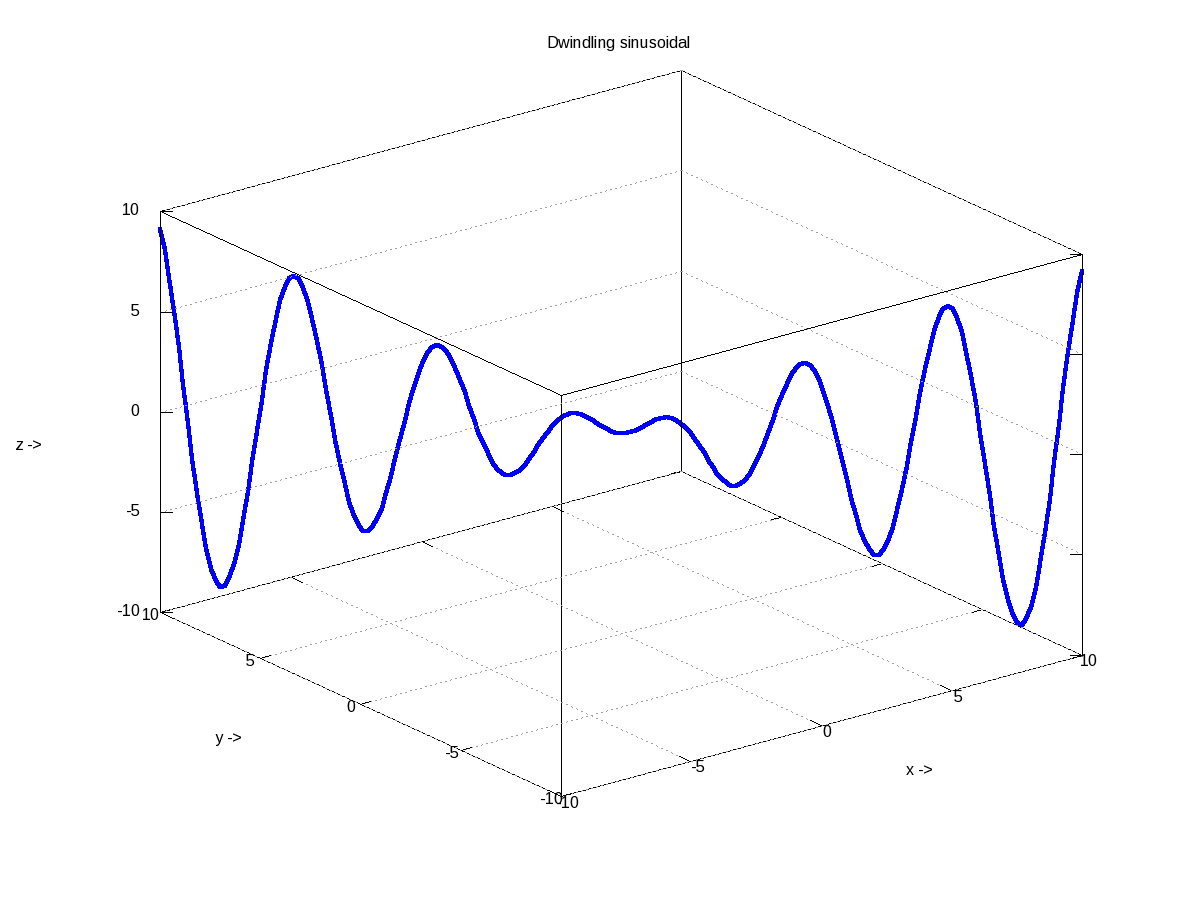

Define octave how to#
Within the industrial environment, there are a number of standards, guidelines, and best practices available to help understand risk and how to mitigate it. However, these are relatively straight forward for users to add themselves (see the docs on typemaps).Formal Risk Analysis Structures: OCTAVE and FAIR Currently there are no built-in typemaps to deal with those. Octave provides a rich set of classes for dealing with matrices. This is some skeleton support for various STL containers. Then letting the Octave reference count go to zero will not destroy the object, but destroying the object will invalidate the Octave-side object if it still exists (and call destructors of other C++ bases in the case of multiple inheritance/ subclass()'ing). In the case where one wishes for the C++ side to own an object that was created in Octave (especially a Director object), one can use the _disown() method to invert this logic. The %newobject directive may be used to control this behavior for pointers returned from functions. If the C/C++ side owns the object, then destructors will not be called when the reference count goes to zero. If Octave owns it, any destructors will be called when the reference count reaches zero.
Define octave code#
It also contains a flag indicating whether Octave or the C/C++ code owns the object. like, for example, an optimization package that calls Octave to evaluate an objective function.Īs noted above, swig_ref represents a reference counted pointer to a C/C++-side object. Without anything fancier, this amounts to the limitation that Octave must drive the module. Anything fancier (apartment/queue model, whatever) is left to the user. The use of threads in wrapped Director code is not supported i.e., an Octave-side implementation of a C++ class must be called from the Octave interpreter's thread. Octave:4> printf("octave-side routine called\n") For example, the octave_value:: functions are routed to a special method _str that can be defined inside an %extend. You can use it to define special behavior, like for example defining Octave operators not mapped to C++ operators, or defining certain Octave mechanisms such as how an object prints. The %extend directive works the same as in other modules. So without doing any work, the following interface A wrapper may define the _add function manually, %rename some other function to it, or %rename a C++ operator to it.īy default the C++ operators are renamed to their corresponding Octave operators.
Define octave free#
The wrapper is then free to implement _add to do whatever it wants.

When an operator is used (where one of the operands is a swig_ref), the runtime routes the call to either a member function of the given object, or to a global function whose named is derived from the types of the operands (either both or just the lhs or rhs).įor example, if a and b are SWIG variables in Octave, a+b becomes a._add(b). The swig_ref type supports all unary and binary operators between itself and all other types that exist in the system at module load time. See the chapter on typemaps for details.Ĭ++ operator overloading is supported, in a way similar to other modules. Typecheck typemaps are used to analyze each argument, as well as assign precedence. The dispatch function selects which overload to call (if any) based on the passed arguments.

That is,Įach overload is wrapped separately (under internal names), and a dispatch function is also emitted under the external/visible name. Overloaded functions are supported, and handled as in other modules. The lookup is then cached in the swig_ref. The tree is walked to find a match in the current class as well as any of its bases. When an indexing operation (such as a method invocation) occurs,
Define octave full#
This information contains the full class hierarchy. The swig_ref type carries type information along with any C++ object pointer it holds. Single and multiple inheritance are fully supported. See the section on memory management below for details.

Let's start with a very simple SWIG interface file:ĭepending on the ownership setting of a swig_ref, it may call C++ destructors when its reference count goes to zero. Support for other versions (in particular the recent 3.0) has not been tested, nor has support for any OS other than Linux. The current SWIG implemention is based on Octave 2.9.12. You should also read the SWIG documentation that is not specific to Octave.Īlso, there are a dozen or so examples in the Examples/octave directory, and hundreds in the test suite (Examples/test-suite and Examples/test-suite/octave). More information can be found at This chapter is intended to give an introduction to using the module. Octave is a high-level language intended for numerical programming that is mostly compatible with MATLAB.


 0 kommentar(er)
0 kommentar(er)
